Month Four
MONTH FOUR
An interview with Carol Dweck
Becoming mindful of our mindset to turn failure and disappointment into opportunity for growth and greater resilience
Listen to the audio here:
Welcome to MONTH FOUR
This month's video touches on the power of our beliefs to create our reality. Our mindset is a crucial ingredient for our capacity to learn from challenges and difficulties, rather than fall into resignation and helplessness.
Mindfulness helps us become aware of the inner voice and stories we tell ourselves about our reality. As humans we are meaning making machines. So much of how we perceive the world is influenced by what we've learned from our families or our broader culture. How we relate and perceive the failure, difficulty and challenges in our life, is a crucial ingredient that determines whether we can use these circumstance as opportunities for growth or whether they knock us down and trigger helplessness and hopelessness.
Carol's interview explores the concept of mindset and how we can shift our thinking to support greater growth and possibility in our lives.
Once you have listened to the interview, take a moment to reflect on your own mindset and experiment with her guidance below on how to shift from a fixed mindset to a growth mindset.
Step 1. Learn to hear your fixed mindset “voice.”
As you approach a challenge, that voice might say to you “Are you sure you can do it? Maybe you don’t have the talent.” “What if you fail—you’ll be a failure” “People will laugh at you for thinking you had talent.” “If you don’t try, you can protect yourself and keep your dignity.”
As you hit a setback, the voice might say, “This would have been a snap if you really had talent.” “You see, I told you it was a risk. Now you’ve gone and shown the world how limited you are.” “ It’s not too late to back out, make excuses, and try to regain your dignity.”
As you face criticism, you might hear yourself say, “It’s not my fault. It was something or someone else’s fault.” You might feel yourself getting angry at the person who is giving you feedback. “Who do they think they are? I’ll put them in their place.” The other person might be giving you specific, constructive feedback, but you might be hearing them say “I’m really disappointed in you. I thought you were capable but now I see you’re not.”
Step 2. Recognise that you have a choice.
How you interpret challenges, setbacks, and criticism is your choice. You can interpret them in a fixed mindset as signs that your fixed talents or abilities are lacking. Or you can interpret them in a growth mindset as signs that you need to ramp up your strategies and effort, stretch yourself, and expand your abilities. It’s up to you.
So as you face challenges, setbacks, and criticism, listen to the fixed mindset voice and...
Step 3. Talk back to it with a growth mindset voice.
As you approach a challenge:
THE FIXED-MINDSET says “Are you sure you can do it? Maybe you don’t have the talent.”
THE GROWTH-MINDSET answers, “I’m not sure I can do it now, but I think I can learn to with time and effort.”
FIXED MINDSET: “What if you fail—you’ll be a failure”
GROWTH MINDSET: “Most successful people had failures along the way.”
FIXED MINDSET: “If you don’t try, you can protect yourself and keep your dignity.”
GROWTH MINDSET: “If I don’t try, I automatically fail. Where’s the dignity in that?”
As you hit a setback:
FIXED MINDSET: “This would have been a snap if you really had talent.”
GROWTH MINDSET: “That is so wrong. Basketball wasn’t easy for Michael Jordan and science wasn’t easy for Thomas Edison. They had a passion and put in tons of effort.
As you face criticism:
FIXED MINDSET: “It’s not my fault. It was something or someone else’s fault.”
GROWTH MINDSET: “If I don’t take responsibility, I can’t fix it. Let me listen—however painful it is– and learn whatever I can.”
Then...
Step 4. Take the growth mindset action.
Over time, which voice you heed becomes pretty much your choice. Whether you take on the challenge wholeheartedly, learn from your setbacks and try again, hear the criticism and act on it is now in your hands.
Practice hearing both voices, and practice acting on the growth mindset. See how you can make it work for you.
(source: mindsetonline.com)
Come and share your reflections in the Facebook group (click the community button below - scroll down) to share any insights you have about your own mindset and any discoveries you make through the practice above.
In this video you’ll learn:
- What's the difference is between a fixed mindset and a growth mindset and why it’s so important
- How we can shift from a fixed to growth mindset to turn challenges and failures into opportunity for personal growth
- How to support children in developing a growth mindset
- One word that is the key to developing a growth mindset
About Carol Dweck

Carol Dweck Ph.D., is one of the world’s leading researchers in the field of motivation and is the Lewis and Virginia Eaton Professor of Psychology at Stanford University. Her research has focused on why people succeed and how to foster success.
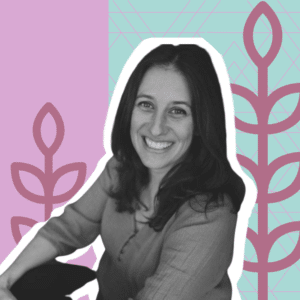
Our upcoming LIVE CALL
Join our live guided online meditation with Dr. Elise Bialylew, along with an interactive Q&A session.
Join the session on Zoom here: https://us02web.zoom.us/j/81381381693
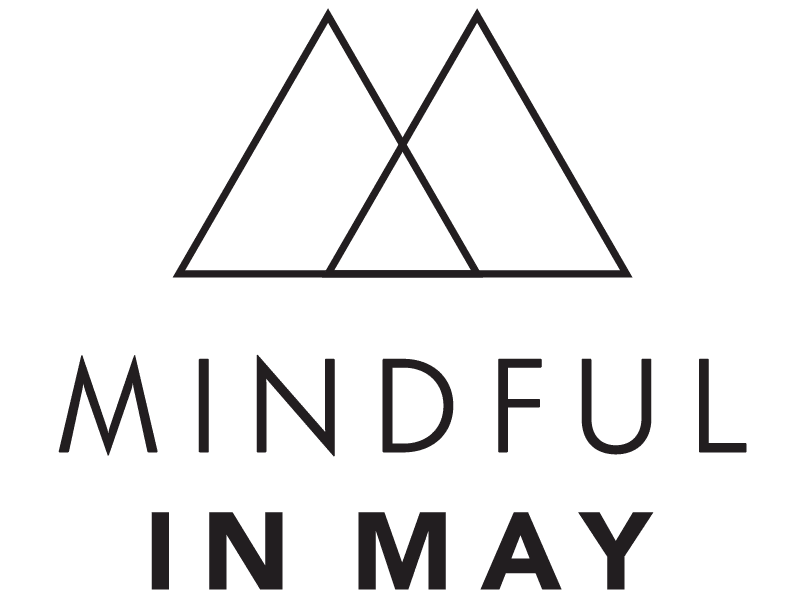
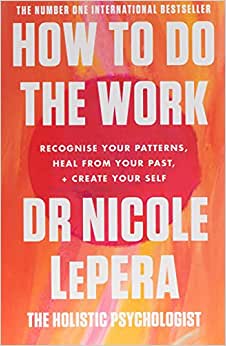 This month, as part of the Mind Life Project bookclub you are encouraged to read How To Do The Work: Recognize Your Patterns, Heal from Your Past, and Create Your Self by Dr Nicole LePera.
This month, as part of the Mind Life Project bookclub you are encouraged to read How To Do The Work: Recognize Your Patterns, Heal from Your Past, and Create Your Self by Dr Nicole LePera.
